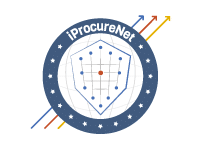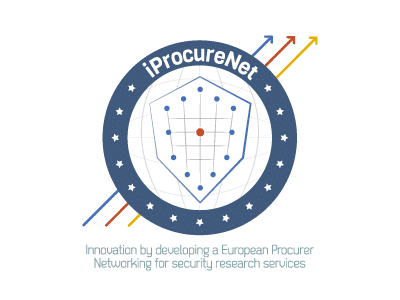Undertaking of the procurement process in a way that stimulates suppliers to invest in developing better, innovative goods and services to meet the unmet needs and policy objectives of the sector, and/or ensuring the procurement process, enables new solutions to compete on a level playing with established goods and services.
IP is an effective way to boost innovation from the demand-side.
IP is an efficient way to procure transnational common unmet needs.
Procurers must become part of the innovation cycle by creating capacity in pro-innovation procurement.
IP prevents usual practices that may constitute barriers to innovation, such as:
- Too much emphasis on price
- Variants no allowed
- Too prescriptive specifications
- General lack of demand for innovation
- Poor management of risk
- Inadequate management of intellectual property rights
![]() INNOVATION PROCUREMENT POLICY (IPP) CASE STUDY OF THE NETHERLANDS
INNOVATION PROCUREMENT POLICY (IPP) CASE STUDY OF THE NETHERLANDS
![]() ICLEI, “Guidance for public authorities on Public Procurement of Innovation”
ICLEI, “Guidance for public authorities on Public Procurement of Innovation”
![]() OECD, “Tackling Policy Challenges Through Public Sector Innovation. A Strategic Portfolio Approach”
OECD, “Tackling Policy Challenges Through Public Sector Innovation. A Strategic Portfolio Approach”
![]() OECD, “Anticipatory innovation governance. Shaping the future through proactive policy making”
OECD, “Anticipatory innovation governance. Shaping the future through proactive policy making”
![]() OECD, “Public Sector Innovation Facets. Adaptative Innovation”
OECD, “Public Sector Innovation Facets. Adaptative Innovation”
![]() CORVERS, “Guide on Public Procurement of Open Data-driven innovation”
CORVERS, “Guide on Public Procurement of Open Data-driven innovation”
JCBPP and IP in the Security Sector
Joint Cross-Border Public Procurement (JCBPP)
Innovation Procurement (IP)
How to: Guide for JCBPP & IP
Ethics in procurement























